Ear-witness precision: Congenitally blind people have more accurate memories
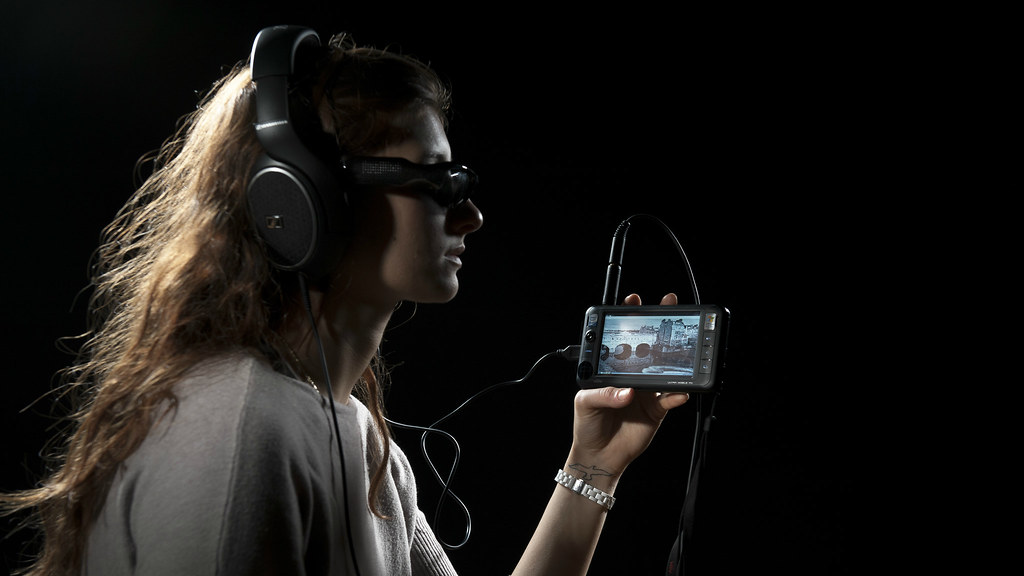
Our researchers have found that people who are congenitally blind have more accurate memories than those who are sighted.
Our research on multi-sensory perception is based on the idea that sensory information does not have any inherent meaning. In other words, the brain creates our perceptual experience.
This means it is possible to substitute a lost or absent sense (such as vision in acquired and congenital blindness), by providing the person with a means to gain the same information from the world through another of their senses. Sometimes unpleasant experiences, such as pain or nausea, might arise when normal sensory information is misinterpreted by the brain.
Understanding how the brain can reorganise when a sense is missing or substituted and how sensory misinterpretation occurs could lead to the development of methods to treat or reverse such conditions.
View lab members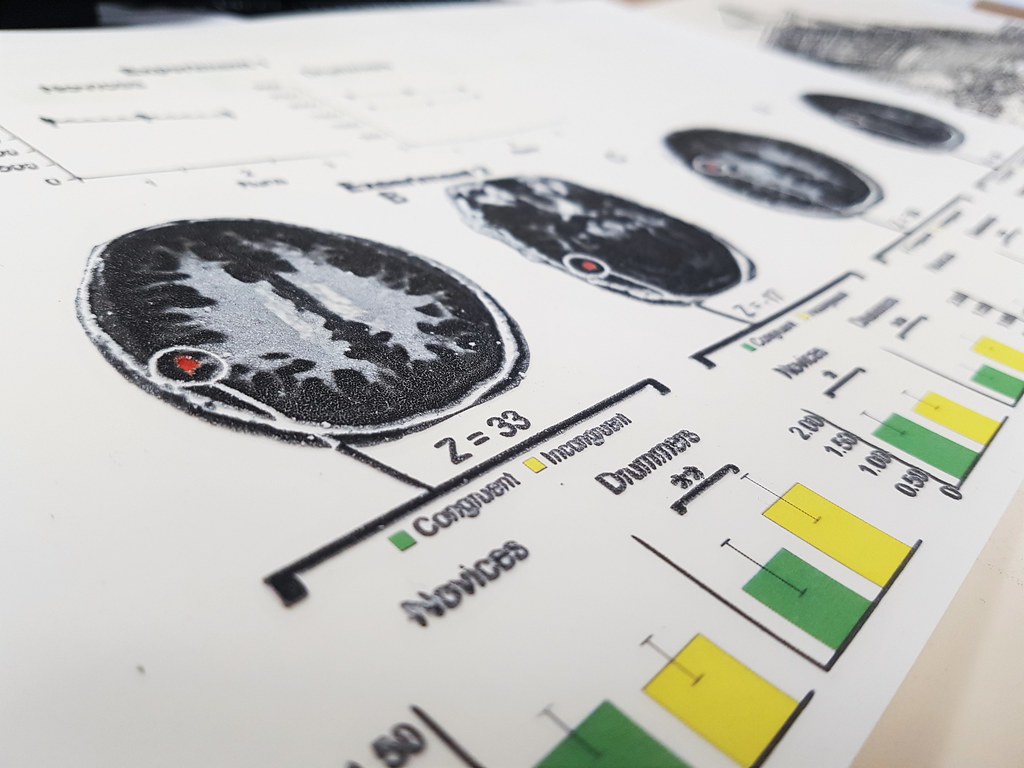
Our research informs the development of new methods to help people with different forms of impairment in everyday life. We aim to improve the multi-sensory experience of virtual reality and virtual environments for everyone.

Our latest news and updates.

Our researchers have found that people who are congenitally blind have more accurate memories than those who are sighted.
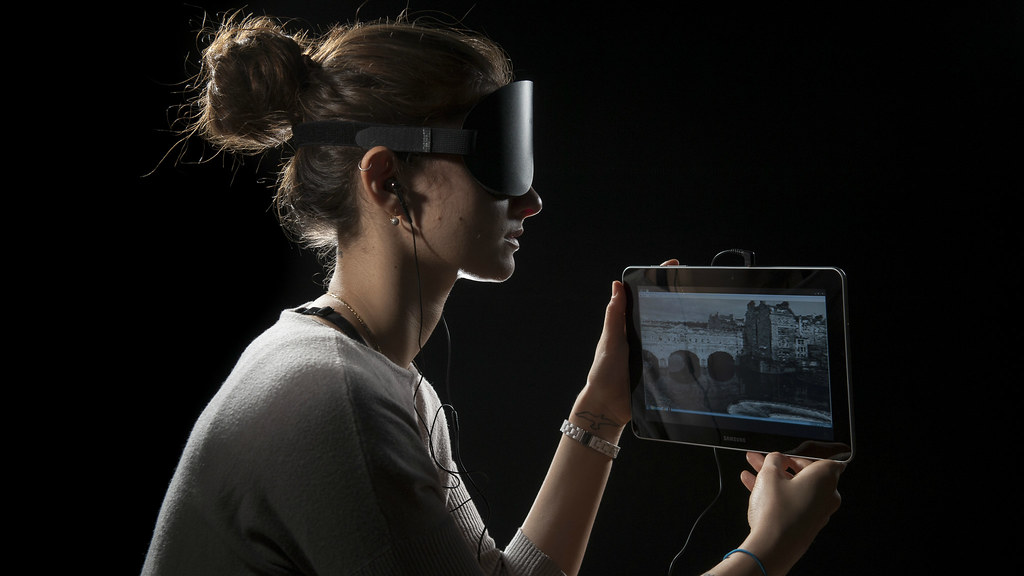
A device that trains the brain to turn sounds into images could be used as an alternative to invasive treatment for blind and partially-sighted people.
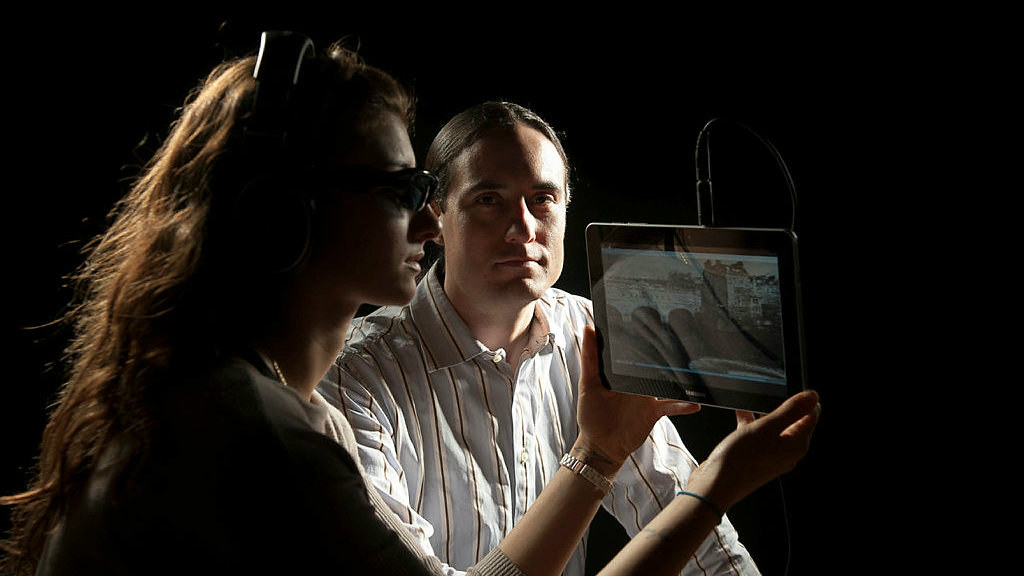
For the first time, scientists have uncovered that people blind from birth visualise numbers the opposite way around to sighted people.

The findings suggest that the way the brain processes visual information could provide new insights into how to treat Complex Regional Pain Syndrome (CRPS).
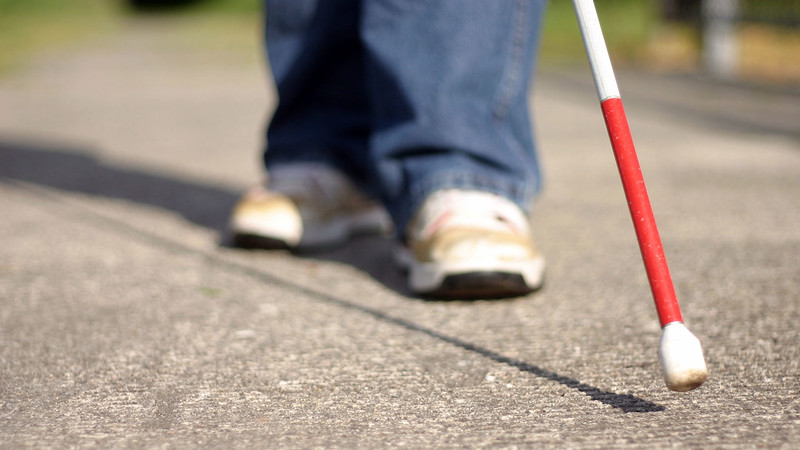
Meike Scheller writes for The Conversation about how we need to change our perspective on how we cure blindness.
We conduct our research to inform the development of new methods to help people with different forms of impairment in everyday life. We also aim to improve the multisensory experience of virtual reality and virtual environments for everyone.
If you have any questions about our research lab, contact us.